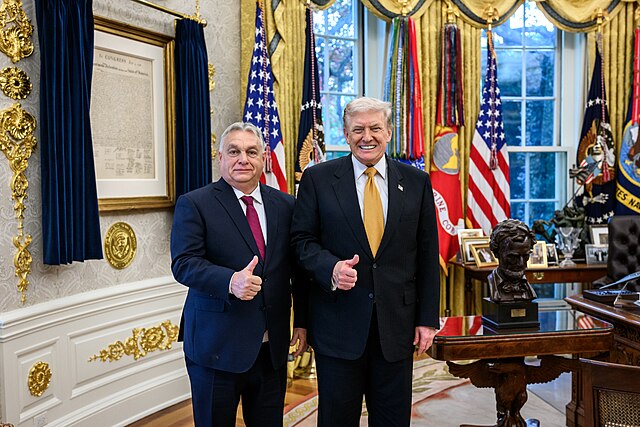If there was ever any doubt that the UN’s International Telecommunications Union (ITU) was the wrong body to run the internet, you only needed to look at its handling of its own World Conference on International Telecommunication (WCIT), which ended today in Dubai in a little resolution but a lot of dispute.
With the conference centre doors closing and the delegates sent packing Friday evening, it’s still not clear where all the 174 countries represented at Dubai actually stand on the WCIT review of the ITU’s International Telecommunication Regulations (ITRs), a de facto treaty facilitating telecommunications between the states. (There’s an updating chart here — http://www.ipv.sx/wcit/).
The core dispute is over the ITU’s current and future role in the governance of the internet. The United States, United Kingdom and Sweden were among the 55 states who have so far either refused to sign the new accord or have “reservations” — meaning that they will opt out of the bits they don’t like. Eighty-nine countries signed. Index on Censorship remains concerned by this incomplete resolution. The threat of extended government influence over the internet remains.
When the existing accord was signed 24 years ago the internet was a technical concept, not the global change maker it is today. The ITU wanted to bring the ITRs into the 21st Century by bringing the internet into its ambit. This became the UN “plot” to take over the internet of popular outrage.
But going on their performance up to today in Dubai, the ITU makes for a pretty forlorn bunch of conspirators. It is by nature a very technically minded body — facilitating “global interconnection and interoperability of information and communication services”.
Criticised by civil society for the lack of transparency, openness, and public consultations that marked its work, the ITU came up with a public access policy on the hoof. Documents (already widely leaked) were formally released and public submissions solicited at short notice (then filed and ignored).
The free expression organisations that attended, including Index on Censorship, got more access than expected to the key drafting plenaries. Some NGO delegates were signed up by states as members of their national delegation, giving them even more access to the back and forth behind the scenes.
What they saw behind the curtain was not pretty. Unused to discussing such issues in a public forum, its national delegates battered by often contradictory instructions from their capitals, struggling with the sheer pace of text revisions, the entire process reduced to low comedy on the penultimate day.
The ITU leadership attempted to find a compromise by filleting some text from a document agreed in Tunis in 2005, passing it off as a non-binding resolution to “foster the development and growth of the internet” and approving it by a weird call for a non-vote, a call to test the “temperature” of opinion about it. Nobody knew what it was if not a vote — it certainly looked like one — but the Tunis fillet went into the final papers regardless. Cue global outrage and statements of disappointment.
The main problem in all this has its roots in the World Summit on the Information Society (WSIS) in Tunis in 2005 and the “Tunis Agenda”. That proposed the creation of an Internet Governance Forum (IGF) for a multi-stakeholder policy dialogue on Internet issues.
Thereafter the ITU should have been a “mere” stakeholder in the process along with all the other stakeholders — not the focal point for government-led internet governance that many of its more authoritarian nation members wanted it to be. But the Tunis Agenda promised much more of a role for all the myriad stakeholders — private, public and individual — that the IGF has delivered. With the WSIS process up for review itself this shortcoming will not go away.
Civil society groups working across the Dubai conference, once in, used the internet itself to coordinate information from the different plenaries. With some delegations so confused by the process that they were sometimes working from superseded drafts, sometimes the independent observers clearly had a better understanding of the unfolding arguments.
This grasp of the business gave them even greater credibility among the official delegations. But it didn’t and doesn’t pass for actual engagement. Recognition of the multi-stakeholder approach is urgently needed.
The treaty is scheduled to go into force in January 2015, with the WSIS review, another IGF gathering and the World Telecommunication/Information and Communication Technology Policy Forum (WTPF) to run before it. Plenty more damage could be done there and then.
Rohan Jayasekera is Associate Editor and Deputy Chief Executive of Index on Censorship
What can you do?
Index and many other civil society organisations that fight for free speech and internet freedom oppose moves to give the ITU authority over the internet. Join more than 33,000 other citizens from 166 nations and sign here to ask your nation’s leaders to protect global internet freedom
If you are an academic or work for a civil society organisation — join us by signing on here and send the letter to government officials who are participating in the ITU process
More on this story:
WCIT | Dominique Lazanski on The obscure threat to the internet you need to know about
WCIT | Milton Mueller on the internet revolution in crisis





